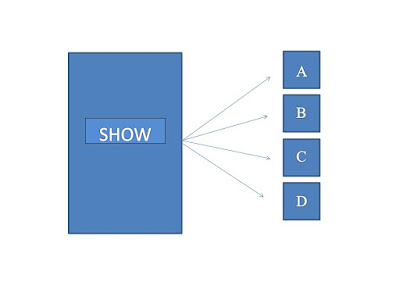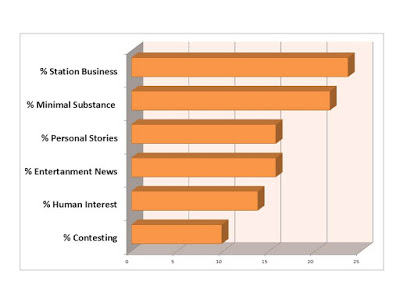- 03/31/2016
- Posted by: Mike O'Malley
- Category: coaching, radio, Talent
No Comments
Fivethirtyeight.com is full of interesting content. There’s sports and politics of course, but also science, economics and culture (read about the Batman-Superman bro-mance here).
And now, FiveThirtyEight has a coaching tip for radio.
OK, not exactly.
But their recent post about the most frequently used phrases by Presidential Candidates Hilary Clinton and Bernie Sanders got me thinking about how quantifying talents’ most oft-used subject matter – the fascinating and the irrelevant – could be a handy coaching tool.
You Are What You Say
FiveThirtyEight’s Clinton-Sanders piece uses a statistical procedure call dtf-idf which compares the frequency of words or phrases in a document, a speech, a body of speeches, etc. to their use in general.
Reading about dtf-idf was fascinating if geeky, though I was looking for a less “math-intensive” alternative to use as a coaching tool.
Enter Document Classification
Document Classification is often used in library science to assign a piece of work to one or more categories – geography, history, science, etc.
Subjecting a show to Document Classification could look like this:

The process can be done via an algorithm (as in text classification used for spam detection) or intellectually (manually) through user-defined criteria – the latter being perfectly fine for coaching purposes.
Plus you can quickly turn your data into a visual to help you make your point. Two shows might break out like this:


Roadmap 2016 – A&O&B’s annual client online perceptual – again confirmed listeners’ top reasons for picking one station over a competitor: plays the best music, makes me feel good when I listen, fun DJs who sound like and talk about things like my friends.
Obviously some of the bars above meet the listener criteria better than others – and that’s the point.
Radio Algebra
One of my favorite “Radio Algebra” formulas is
EV > CL
The equation means that the “Entertainment Value must be greater than the Cost of Listening.” And the greater that differential is, the more powerful your show and station is.
A Document Classification visual can help you make that point.
